A public/private alliance to combat drug trafficking, particularly cocaine, in European ports has been launched by the European Commission and Belgium, which holds the presidency of the European Union in the first half of 2024. Europol's Executive Director explains the issues at stake and the challenges to be met.
In October 2023, the European Commission adopted a roadmap "to step up the fight against drug trafficking and criminal networks". The measure at the top of the list in this action plan is "the creation of a new European Ports Alliance, which aims to increase the resilience of ports to infiltration by criminal networks by intensifying the work of customs authorities, law enforcement agencies and public and private actors in all EU ports, for example, using state-of-the-art scanners and equipment".
The official launch on 24 January 2024 in Antwerp by Belgium, which holds the presidency of the European Union during the first half of 2024, together with the European Commission, of a public/private alliance to organise the fight against drug trafficking entering European ports is the translation of this measure. This alliance brings together public and private players in an unprecedented way to promote exchanges of information and the sharing of best practice.
Cooperation on all fronts. The aim of the alliance, which aims to establish cooperation between as many stakeholders as possible, is to "strengthen the resilience of logistics platforms in the face of threats posed by traffickers". Some twenty port authorities are among the declared partners, along with shipping lines and terminal operators with representatives in Brussels, as well as police, customs, local and national authorities, and EU agencies such as Europol.
Among the actions cited: mobilisation of customs to assess risks and carry out targeted checks, coordination of police investigations, collaboration between police forces and port stakeholders, etc. The introduction of a better exchange of information and the sharing of best practices were often repeated as one of the priorities within the alliance to improve security in ports and help dismantle criminal networks.
Antwerp at the forefront. In 2023, a total of 116 tonnes, up 5% on 2022, were intercepted in the port of Antwerp-Bruges, a new record that makes this infrastructure the leading gateway for drugs (particularly cocaine) into the European Union. In Rotterdam, 59.1 tonnes were seized last year.
By 2021, more than 300 tonnes of drugs had been seized in the European Union. In the EU, nearly 70% of drug seizures made by customs are made in ports.
Rotterdam is Europe's largest port in terms of volume and Antwerp the second largest, which increases the opportunities for drugs to be smuggled in the many containers arriving by ship in these two major logistical hubs for the supply of the European Union (EU).
But all European ports are affected. However, drug trafficking affects all EU ports, regardless of country, border or size," said Ylva Johansson, Commissioner for European Affairs, citing Hamburg, Barcelona, Algeciras, Klaipeda, Marseille, Dunkirk, Le Havre, North Sea Port, Helsingborg, etc. In her words, "we need a network to fight a network".
According to Annelies Verlinden, Belgium's Minister of the Interior, the fight against drug trafficking must be organised on a global scale, because the strengthening of measures in one port can lead to trafficking moving to another: "Traffickers are very flexible, and if they run into difficulties, they move very quickly elsewhere. We have to avoid that. If we are to be effective, we need to cooperate and harmonise our efforts".
In her view, the cooperation of private economic players is necessary because "controls can have an impact on legal commercial activity, and we need to find the right balance". It is also a question of preserving the famous level playing field.
As a more concrete measure, the minister mentioned the need for scanners to screen containers, particularly those from "high-risk" countries (notably Latin America). She cited the example of Antwerp, which has a mobile scanner, and said that five more should be delivered by 2024; a hundred or so additional customs officers have also been announced. According to Belgian customs, only 1 to 2% of containers are checked by scanner. The installation of cameras was also mentioned.
The challenge of staff corruption. The two leaders pointed out that criminal gangs know how to infiltrate ports and convince certain members of staff to be complicit in trafficking. In particular, the alliance should encourage the implementation of solutions to counter corruption and the infiltration of ports and their staff by criminal networks.
But it is also members of the forces of law and order, customs, the judiciary and even lawyers who can be corrupted, according to them. This was shown in 2021 by the results of an investigation (Operation SkyECC) carried out by Belgium, with the collaboration of France and the Netherlands.
NPI Clotilde Martin




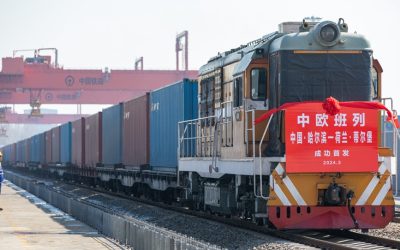

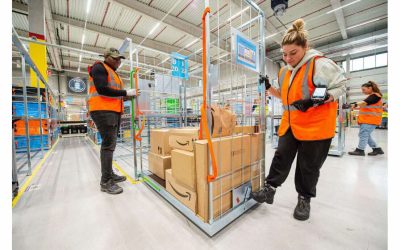
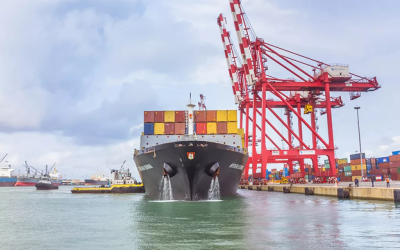
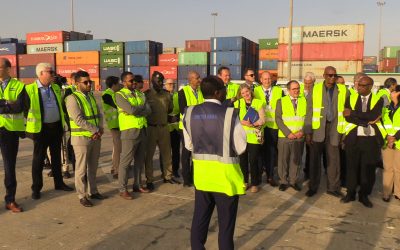
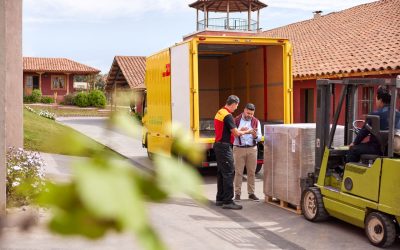
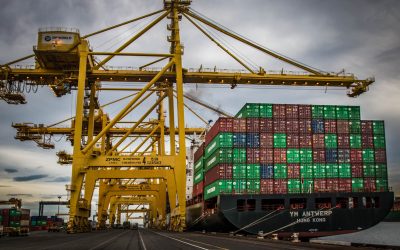
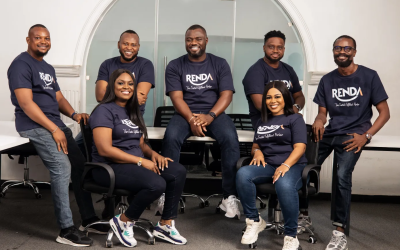



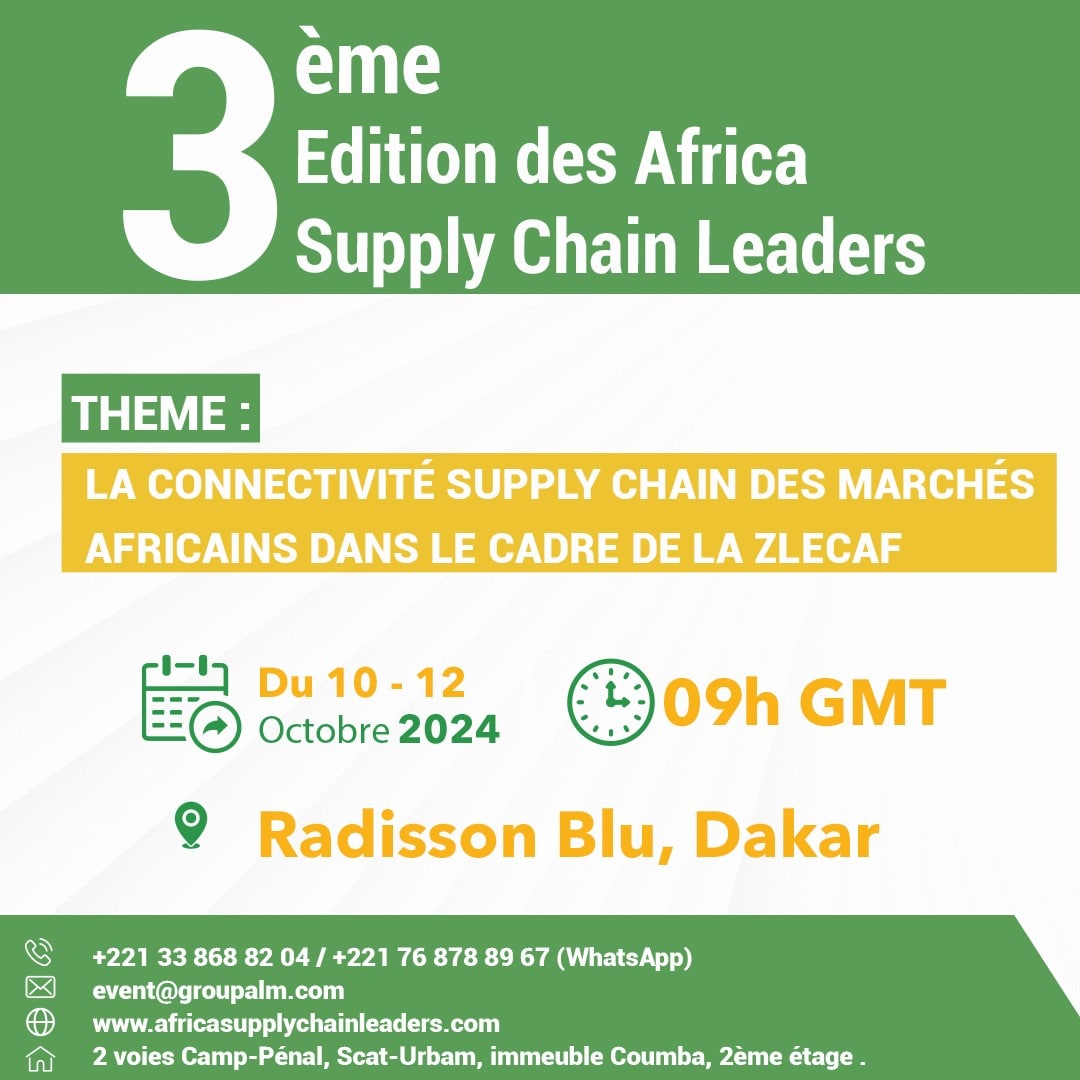
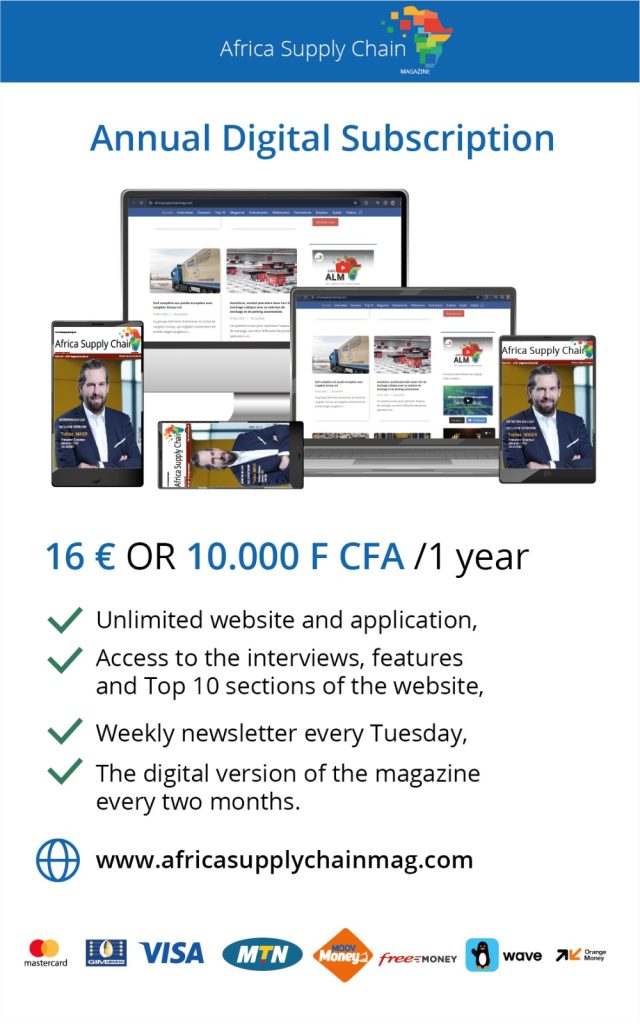


0 Comments